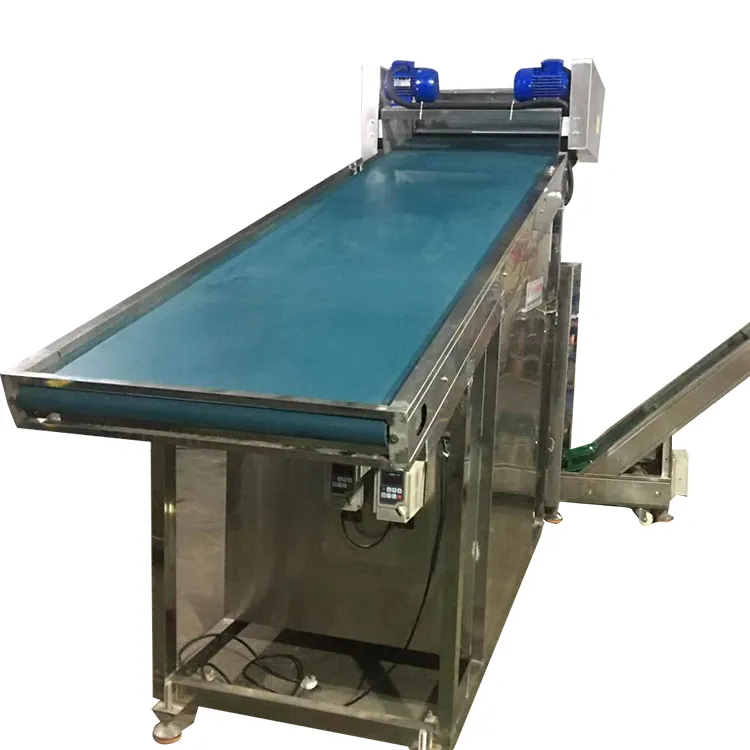Jigsaw puzzle machines are revolutionizing the way puzzles are made, streamlining the production process and increasing efficiency. But how exactly do these machines work behind the scenes to create high-quality puzzles for us to enjoy? Let’s take a closer look at the intricate process of puzzle making machines.
The Cutting Die
At the heart of a jigsaw puzzle machine is a cutting die, which is essentially a metal template with sharp blades that are shaped according to the puzzle design. This cutting die is loaded into the machine, along with a stack of cardboard sheets that will be turned into puzzle pieces. The machine then presses down on the stack of cardboard with the cutting die, slicing through the sheets and creating perfectly shaped puzzle pieces.
Sorting Process
But the magic doesn’t stop there. After the puzzle pieces are cut, they go through a sorting process where any excess cardboard is removed and the pieces are separated into individual puzzles. This sorting process ensures that each puzzle contains the correct number of pieces and that all pieces are of the highest quality.

Quality Control
Once the puzzles are sorted, they undergo a quality control check to ensure that each piece fits together seamlessly and that the colors and images are crisp and vibrant. Any puzzles that don’t meet the standards are discarded, ensuring that only the best puzzles make it to store shelves.
Benefits of Puzzle Making Machines
Faster Turnaround Time
But the benefits of puzzle making machines go beyond just efficient production. These machines allow for a faster turnaround time, meaning that new puzzle designs can be brought to market more quickly. This means that puzzle enthusiasts can enjoy a greater variety of puzzles to choose from, keeping the hobby fresh and exciting.
Customization and Personalization
Additionally, puzzle making machines allow for greater customization and personalization. With the ability to create cutting dies for specific designs, manufacturers can cater to niche markets and create puzzles that cater to specific interests. This level of customization would be nearly impossible to achieve with traditional hand-cutting methods.
Waste Reduction
Another key benefit of puzzle making machines is the reduction in waste. By precisely cutting puzzle pieces from cardboard sheets, manufacturers can minimize the amount of excess material that is discarded during the production process. This not only helps to reduce costs but also makes puzzle production more environmentally friendly.
Conclusion
Overall, puzzle making machines have revolutionized the production of jigsaw puzzles, making the process more efficient, cost-effective, and environmentally sustainable. With their ability to quickly and accurately produce high-quality puzzles, these machines are shaping the future of the puzzle industry. So the next time you sit down to tackle a challenging jigsaw puzzle, take a moment to appreciate the behind-the-scenes work of these incredible machines.